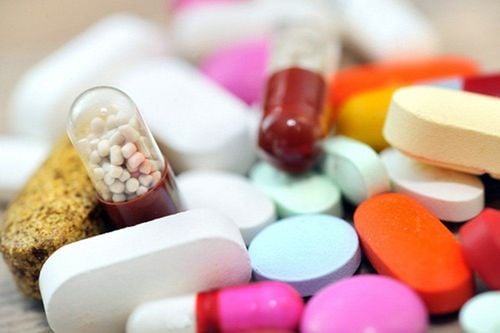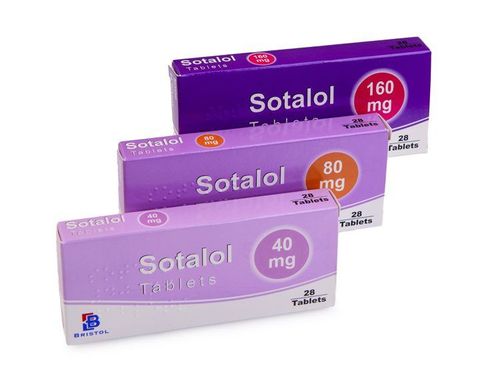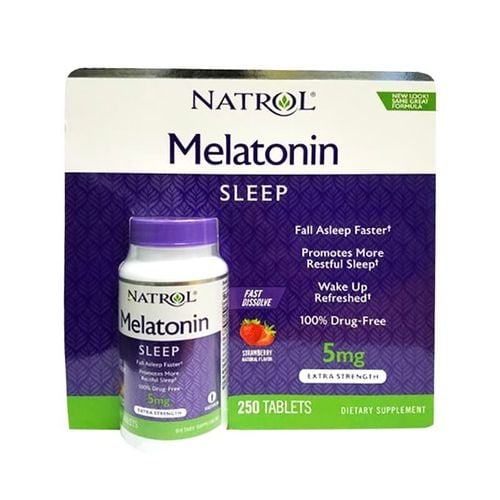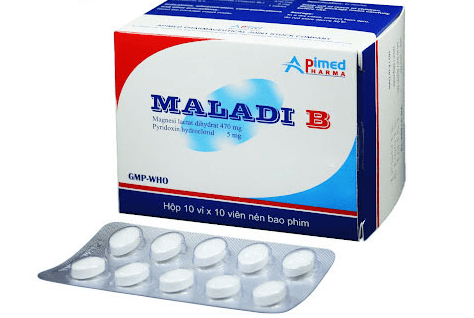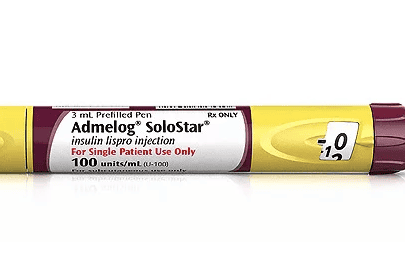This is an automatically translated article.
Scientists are in the process of testing various supplements to determine if these can help lower blood sugar. Such supplements can be beneficial for people with diabetes or type 2 diabetes. These supplements allow patients to reduce the amount of medication they need to take.1. Cinnamon
Research shows that taking cinnamon supplements or powdered extracts too helps lower blood sugar and control diabetes.In a three-month study, people with type 2 diabetes who took 120 or 360 mg of cinnamon extract before breakfast experienced an 11% or 14% decrease in fasting blood sugar, compared with those who took placebo. In addition, the hemoglobin A1C of the three-month mean blood sugar level - decreased from 0.67% to 0.92%. All participants took the same diabetes medication throughout the study.
How it works: Cinnamon can help cells in the body respond better to insulin. In turn, this allows sugar to be absorbed into the cells, helping to lower blood sugar levels. Dosage: The recommended dose of cinnamon extract is 250 mg twice a day before meals. Note: the popular varieties of Cassia cinnamon are high in coumarin, a compound that can be harmful to the liver when taken in large amounts. Ceylon cinnamon, on the other hand, has a low coumarin content.
2. Ginseng
American ginseng, a variety grown primarily in North America, has been shown to reduce postprandial blood sugar levels by about 20% in healthy individuals and those with type 2 diabetes.In addition, when people with type 2 diabetes took 1 gram of American ginseng 40 minutes before breakfast, lunch and dinner for two months while maintaining regular treatment, there was a 10 percent drop in blood sugar % compared to those taking a placebo.
How it works: American ginseng can improve insulin response levels and enhance insulin secretion by the body. How to take it: Take 1 gram two hours before each main meal - taking it earlier may cause blood sugar to drop too low. Note: Ginseng may decrease the effectiveness of warfarin, a blood thinner, so avoid combining blood thinners and ginseng. This supplement can also stimulate the immune system, which can interfere with immunosuppressive medications.

Nhân sâm Mỹ có thể cải thiện mức độ phản ứng insulin và tăng cường quá trình bài tiết insulin của cơ thể
3. Probiotics
Probiotic supplements, which contain probiotics or other bacteria, offer many health benefits and can improve the body's handling of carbohydrates.In a review of seven studies in people with type 2 diabetes, those who took probiotics for at least two months experienced a 16 mg/dl reduction in fasting blood sugar and a 0.53% decrease in A1C compared to those who did not. placebo users.
How it works: Animal studies show that probiotics can lower blood sugar by reducing inflammation and preventing the destruction of insulin-producing pancreatic cells. How to use: Users should use probiotics that have a combination of many beneficial bacteria, such as a combination of L. acidophilus, B. bifidum and L. rhamnosus. Caution: Probiotics are not likely to cause harm, but in rare cases they can lead to serious infections in people with weakened immune systems.
4. Aloe vera
Aloe vera juice or supplements may help lower fasting blood sugar and A1C in people with prediabetes or type 2 diabetes. The results of 9 studies in people with type 2 diabetes were reviewed. , supplementing with aloe for 4 to 14 weeks reduced fasting blood sugar by 46.6 mg/dl and A1C by 1.05%. Those with a fasting blood sugar above 200 mg/dl after taking aloe vera showed even stronger benefits.How it works: Studies in rats have shown that aloe vera can stimulate insulin production in pancreatic cells, but this effect has not been confirmed in humans. Take it: There are no recommendations for effective dosage and form of consumption. Common dosages tested in studies include 1,000 mg per day in capsules or 2 tablespoons (30ml) per day of aloe vera juice. Caution: Aloe can interact with some medications, so check with your doctor before use. It is not recommended to be used with the cardiac drug digoxin.

Các chất bổ sung hoặc nước ép lô hội có thể giúp hạ đường huyết lúc đói
5. Berberine
Berberine is not an herb but a bitter-tasting compound obtained from the roots and stems of several plants, including goldenseal and phellodendron.A review of 27 studies in people with type 2 diabetes observed that taking berberine in combination with a healthy diet and lifestyle reduced fasting blood sugar by 15.5 mg/ dl and A1C 0.71%.
How it works: Berberin may improve insulin sensitivity and enhance the absorption of sugar from the blood into the muscles, thereby helping to lower blood sugar. Dosage: A typical dose is 300 to 500 mg, taken 2 to 3 times daily with main meals. Note: Berberine can cause digestive upset, such as constipation, diarrhea or gas, which can be improved with a lower dose of 300mg.
6. EASY Vitamins
Vitamin D deficiency is considered a potential risk for type 2 diabetesIn one study, 72% of participants with type 2 diabetes were vitamin D deficient. After two months of taking 4,500 IU of vitamin D supplements per day, both fasting blood sugar and A1C improved.
How it works: Vitamin D can improve the function of pancreatic cells that make insulin. Dosage: Users should consult a doctor to determine the best dose. Note: Vitamin D can cause mild to moderate conflicting reactions with some medications.
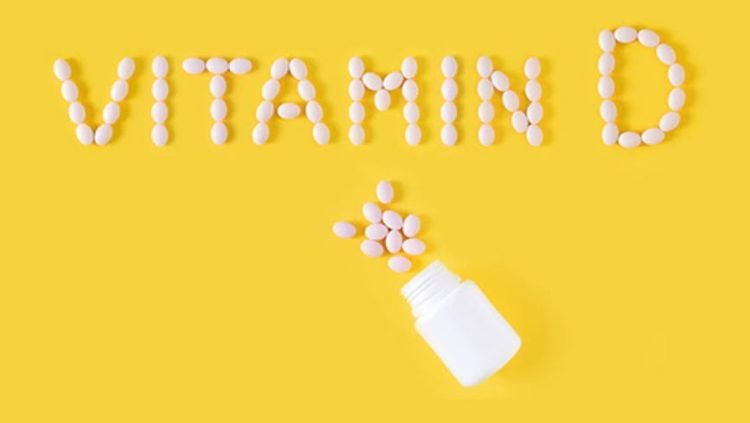
Vitamin D có thể cải thiện chức năng của tế bào tuyến tụy, tạo ra insulin giảm mức đường huyết
7. Gymnema
Gymnema sylvestre is an herb used as a treatment for diabetes in the Indian Ayurvedic tradition.In one study, people with type 2 diabetes who were given 400 mg of Gymnema leaf extract daily for 18 to 20 months experienced a 29% decrease in blood sugar. A1C decreased from 11.9% at study start to 8.48%.
How it works: Gymnema sylvestre might decrease the absorption of sugar in the gut. It is also thought to support insulin-producing cells in the pancreas. Dosage: The recommended dosage is 200 mg of Gymnema sylvestre leaf extract twice a day with meals. Note: Gymnema can affect blood levels of certain medications and one case of liver damage has been reported with this herb.
8. Magnesium
Eight out of 12 studies found that giving magnesium supplements for 6 to 24 weeks to healthy people or those with type 2 diabetes or prediabetes reduced fasting blood sugar levels, compared with a placebo. Furthermore, each 50mg increase in magnesium intake resulted in a 3% decrease in fasting blood sugar in study participants with low blood magnesium levels.How it works: Magnesium is involved in insulin secretion and insulin action in tissues. Dosage: The recommended dose for people with diabetes is usually 250 to 350 mg per day, taken with food. Note: Magnesium supplements may increase the risk of diarrhea. Magnesium can also interact with certain medications, such as some diuretics and antibiotics.

Cùng với công dụng hạ đường huyết, bổ sung magie cũng làm tăng nguy cơ tiêu chảy
9. Alpha-Lipoic Acid
Alpha-lipoic acid, or ALA, is a vitamin-like compound and potent antioxidant produced in the human body's liver. ALA is also found in some foods, such as spinach, broccoli, and red meat.When people with type 2 diabetes take 300, 600, 900, or 1,200 mg of ALA along with their usual diabetes treatment for six months, there can be a drastic drop in A1C.
How it works: ALA can improve insulin sensitivity and cells. It may also protect against oxidative damage caused by high blood sugar. Dosage: The commonly used dosage is 600 to 1,200 mg per day, taken before meals. Note: ALA may interfere with therapies for hyperthyroidism or hypothyroidism. Users should avoid taking large doses of ALA if the body has a deficiency of vitamin B1 (thiamine) or is suffering from alcoholism.
10. Chromium
Chromium deficiency can reduce the body's ability to break down carbs, limiting energy metabolism and increasing insulin requirements.In a review of over 25 studies, chromium supplementation reduced A1C by about 0.6% in people with type 2 diabetes, and the mean reduction in fasting blood sugar was about 21 mg/dl.
How it works: Chromium may enhance the effects of insulin and aid in the functioning of insulin-producing pancreatic cells. Dosage: A typical dose falls around 200 mcg per day, but doses up to 1,000 mcg per day have been tested in people with diabetes and may be more effective. Supplement in form of chromium picolinate for best absorption. Note: Some medications, such as antacids and others prescribed for heartburn, can decrease the absorption of chromium.
Please dial HOTLINE for more information or register for an appointment HERE. Download MyVinmec app to make appointments faster and to manage your bookings easily.
Reference article: healthline.comSEE MORE
What is a blood sugar test? Glycemic Index GI: How to Identify High and Low Glycemic Foods What is Hypoglycemia? How to give first aid in case of sudden low blood sugar





